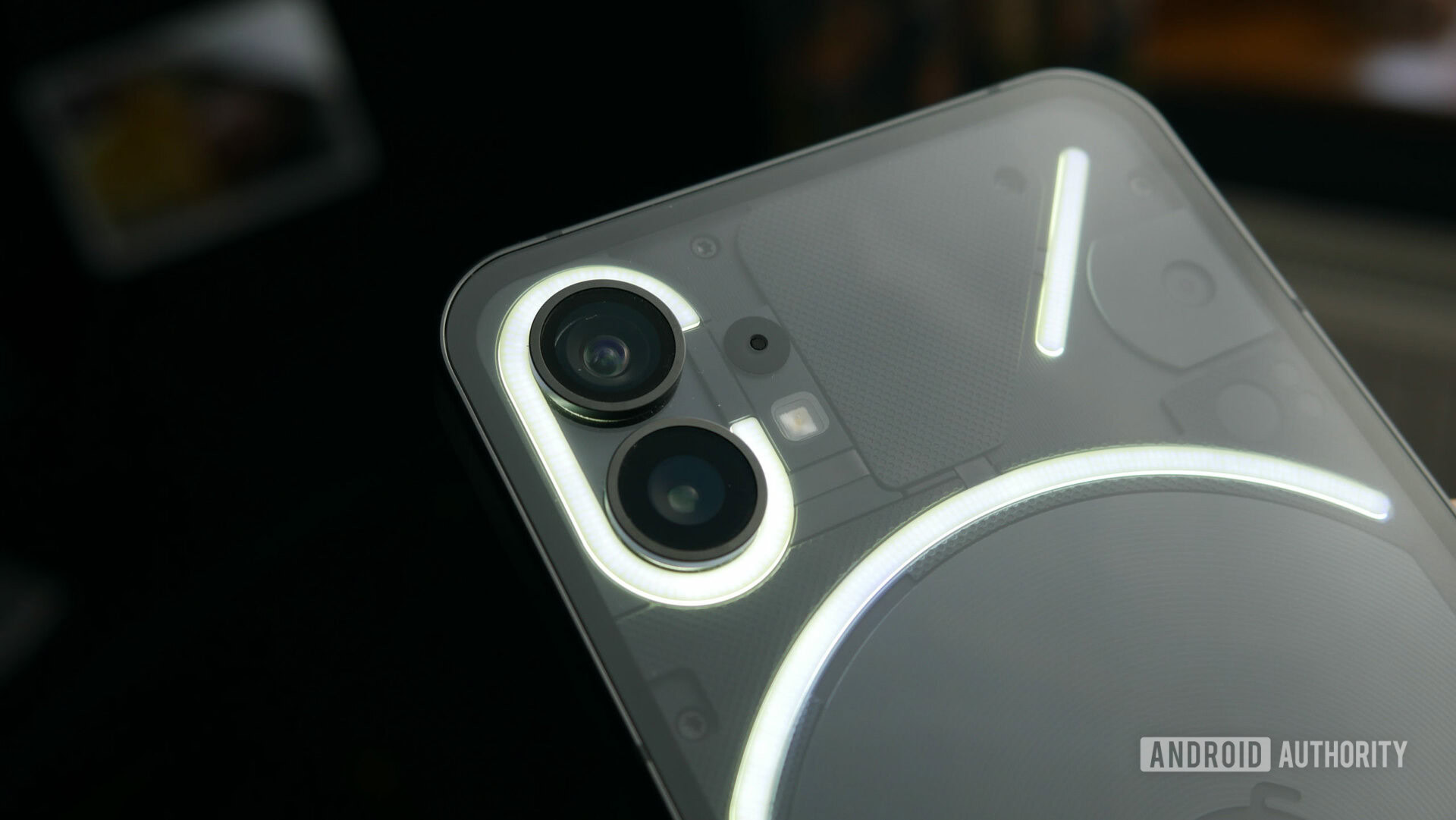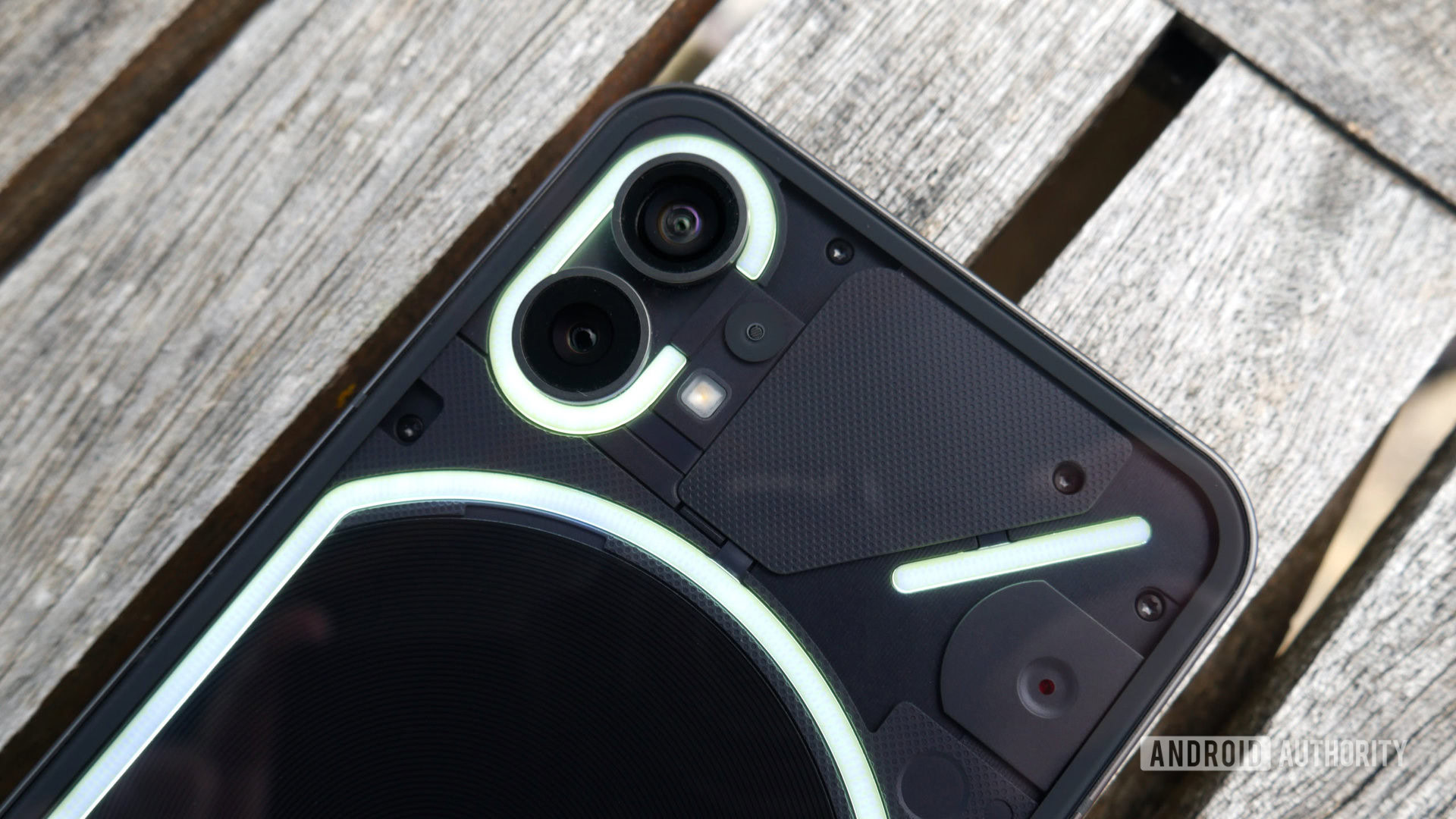Affiliate links on Android Authority may earn us a commission. Learn more.
Daily Authority: 👀 Could Nothing Phone 2 launch soon?
March 28, 2023

⏰ Good morning and welcome to Tuesday’s Daily Authority! Here in Scotland, we’re still adjusting to the clocks rolling forward an hour last weekend, so time feels strange this week…
Today we’ve got some exciting news: Could the Nothing Phone 2 be coming soon? We’ll also cover a story about Pixel’s Adaptive Charging, the demise of Fitbit Challenges and Adventures, some good news from HUAWEI, a heads-up for Ubisoft’s June event… plus, your chance to win $700k by solving an ancient mystery.

Nothing Phone 2 could arrive sooner rather than later
It looks like we could see the Nothing Phone 2 in the near future, after the phone’s model number was spotted in a certification listing.
- 91Mobiles reported that the Nothing Phone 2‘s model number may have appeared on the Bureau of Indian Standards (BIS) certification website — and if that’s true, it’ll be the first time the device has made an appearance in any certification database.
- Sadly, there are no specs or details on the phone, just the model number Nothing AIN065.
- From leaks, we already know the phone may pack an adaptive AMOLED display with a 120Hz refresh rate, a 5,000mAh battery, at least 12GB of RAM, and support for virtual RAM borrowed from 256GB of internal storage.
- Carl Pei also confirmed that the Phone 2 will be a “more premium” offering, and the company confirmed it’ll pack a Snapdragon 8 chip.
- That chip could be the Snapdragon 8 Plus Gen 1, after an exec from Qualcomm accidentally let this slip on social media, though he later edited his post to remove the information.
- It looks like a release in India isn’t far off, and though we don’t know yet when the phone will launch in the US, we’re expecting to see it sometime in late 2023.
Roundup
🔋 Pixel’s Adaptive Charging feature may have dropped the alarm requirement, will now be activated by your usage cycle (Android Authority).
🌄 Google is shutting down Fitbit Challenges and Adventures today, but users will still be able to create closed groups and compete with friends (Android Authority).
🌍 OPPO and OnePlus reportedly exiting UK and Europe (Update: OnePlus responds) — plus more mixed messages from company (Android Authority).
🚀 OnePlus 11 Jupiter Rock Limited Edition incoming: So what’s it made of? (Android Authority).
🍎 ‘Reality-dial,’ ‘Copresence’ app — Apple execs spill the beans on new headset (Android Authority).
🔐 Android app from China executed 0-day exploit on millions of devices (Ars Technica).
👍 Exynos-powered Samsung phones to get Wi-Fi calling vulnerability fix soon (Android Authority).
💻 The new Microsoft Teams is here with big performance improvements and UI changes (The Verge).
✂ Good news: The Windows snipping tool flaw we reported on last week is now fixed on both Windows 10 and Windows 11 (Android Authority).
😀 More good news: HUAWEI’s bringing its latest Google-free waterproof foldable flagship to Europe, plus the P60 series, too, launching May 9 (Android Authority).
💬 AI bots listen in on the toxic world of videogame voice chat ($, Wall Street Journal).
🎮 Will we see a Nintendo Switch 2? Here’s everything we know so far (Android Authority).
Tuesday Thing
Want to win $700,000? Awesome! There’s a catch, though. You’ll need to figure out what these ancient Roman scrolls say (h/t The Hustle).
- The Herculaneum Scrolls were buried 2,000 years ago when Mount Vesuvius erupted in 79 C.E., burying the cities of Pompeii and Herculaneum.
- The heat from this eruption carbonized scrolls from a library thought to be owned by Julius Caesar’s father-in-law.
- These scrolls were unearthed during excavations in 1750.
- Each of the four ancient passages is only around the length of a tweet.
- But you’ll have to read them without opening them.
- The Vesuvius Challenge hopes to use AI to read the texts, and plans to crowdsource the best way to do this.
- X-ray technology has already helped researchers unroll two of the scrolls, with the team making history in 2016 by virtually unwrapping the En-Gedi scroll, the “oldest known fragment from the book of Leviticus.”
- Machine learning algorithms have also been trained to distinguish between differences in the structure of the papyrus, enabling the team to see where ink has settled on the page.
- Anyone signing up for the challenge will be able to see scans of these existing scrolls and the team’s existing work on the project, with tutorials available, too.
- As well as the grand $7,000 prize, there’s the opportunity to compete for smaller prizes too.
Have a great Tuesday!
Paula Beaton, Copy Editor